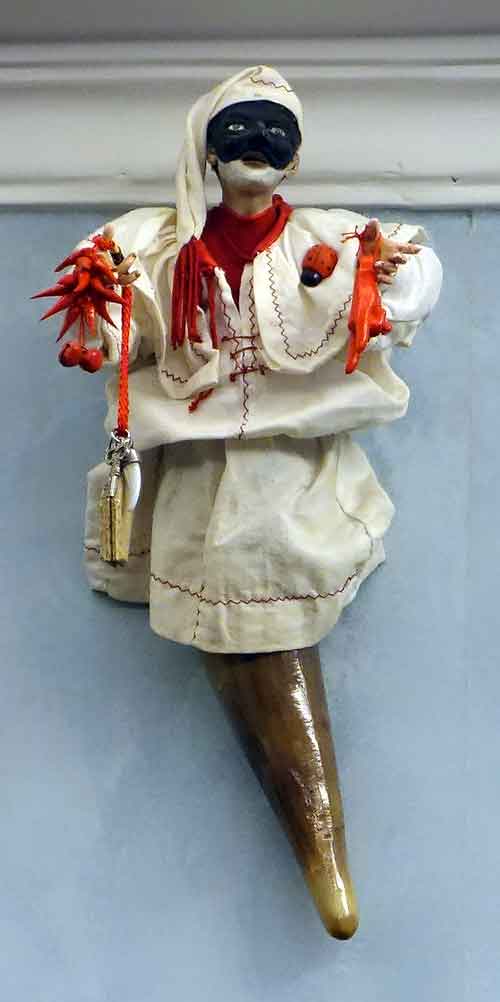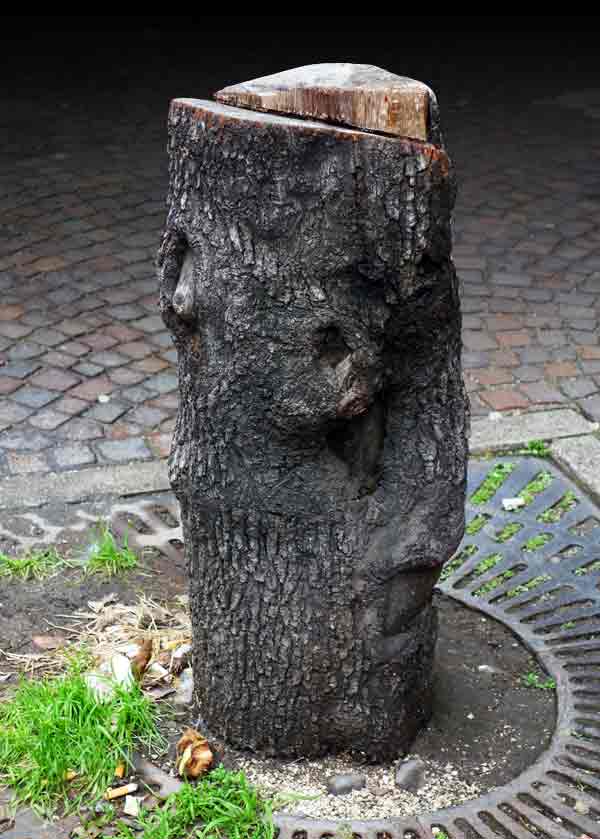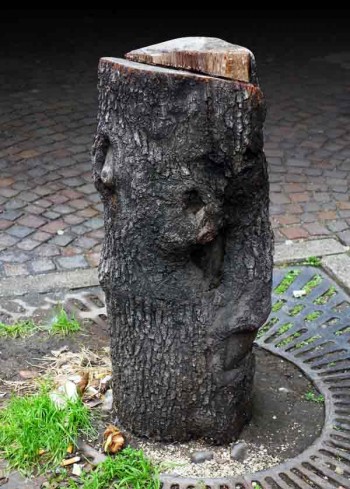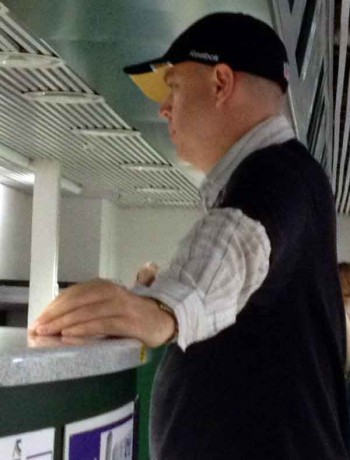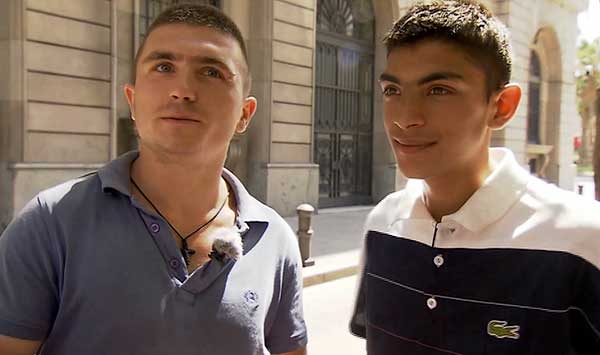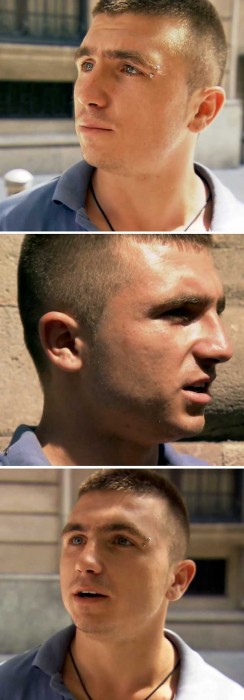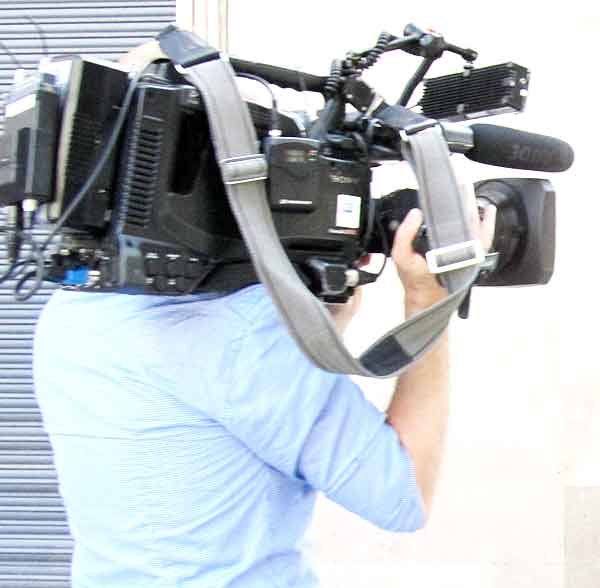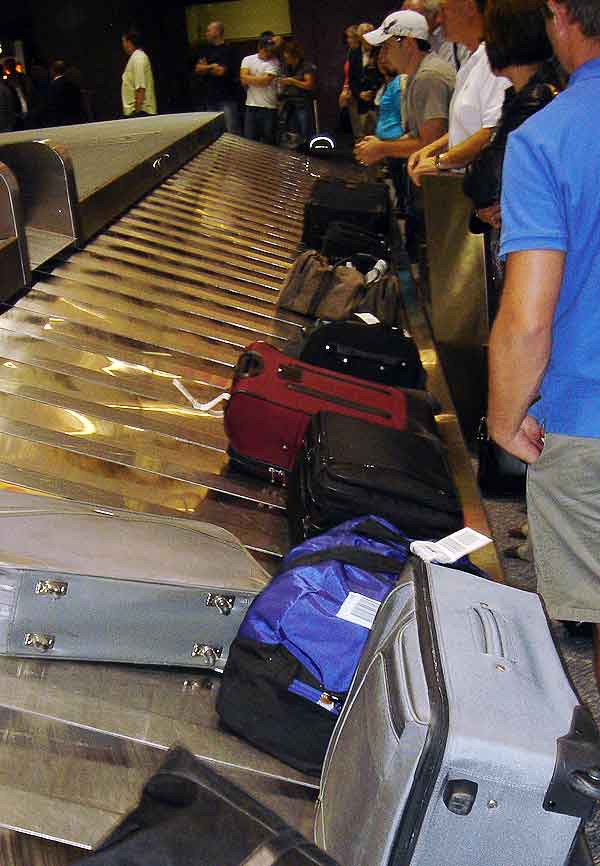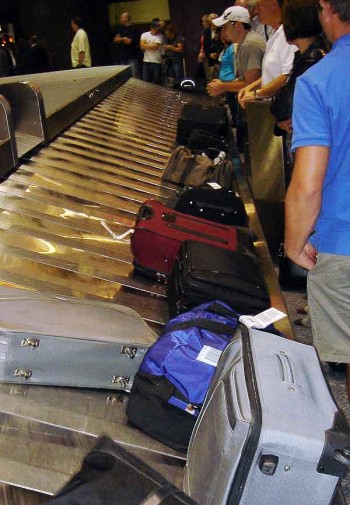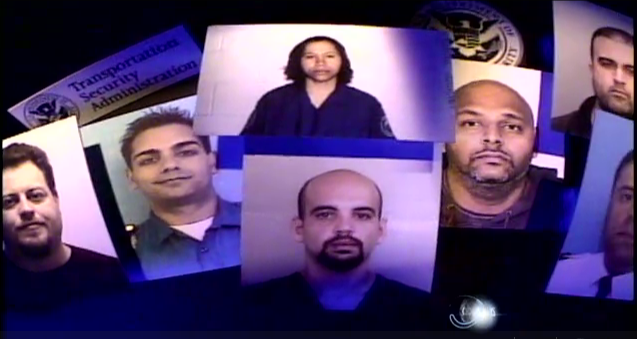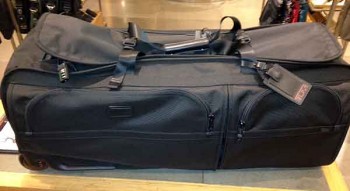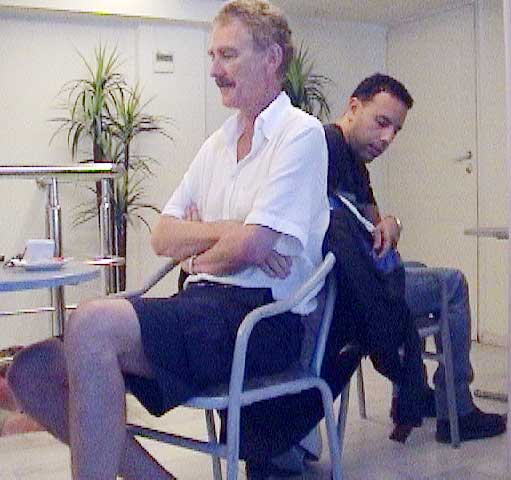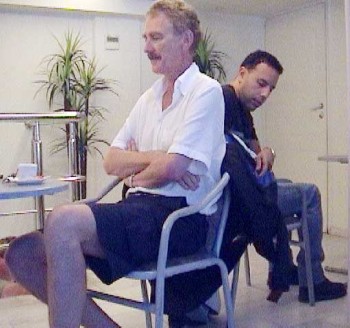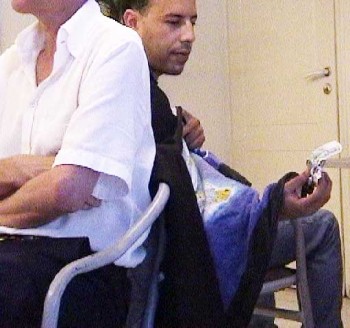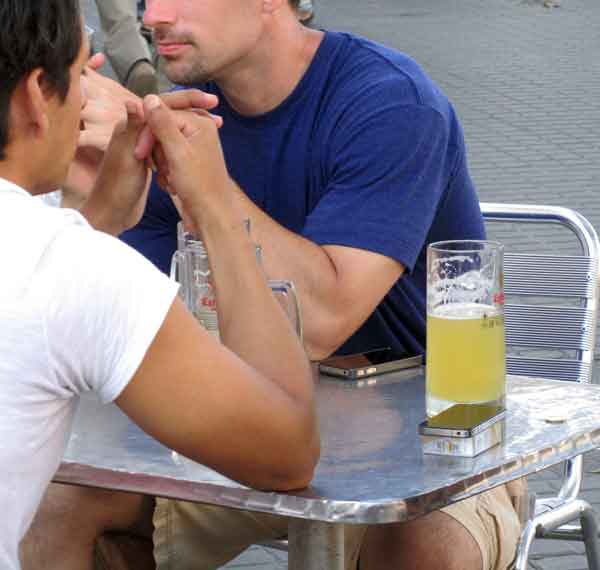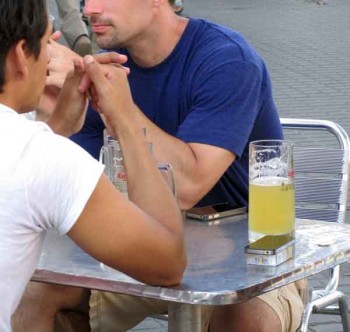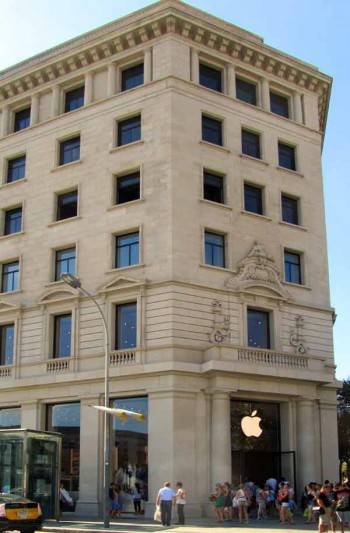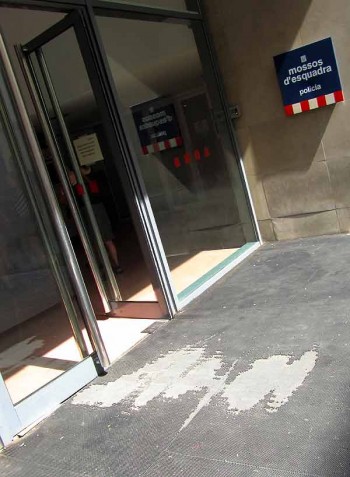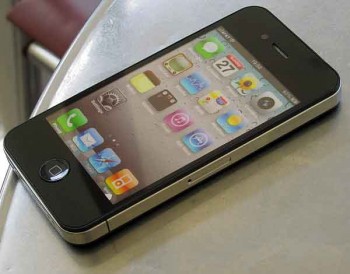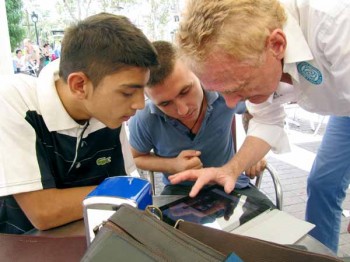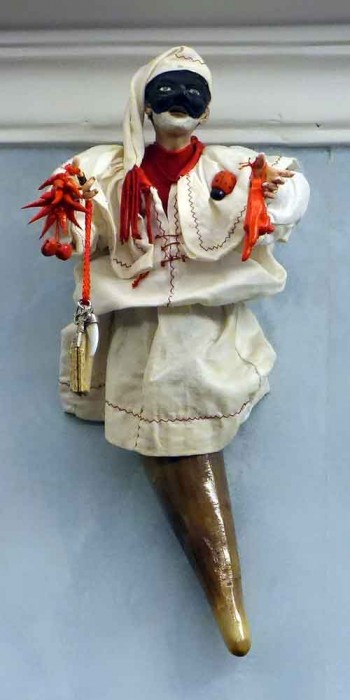
NAPLES, ITALY, the week before christmas. POURING rain. 3:30 p.m. and it’s already dark, with gushing rivers flowing through the streets. Our luggage didn’t arrive, so we wear the clothes we flew in. I’m in nice leather boots with heels. Not good for slogging through gushing torrents. Not good for broken up cobblestone streets and cracked pavement. We’re so happy back. Out we go.
We’ve come to explore the possibilities of a second film project, to meet with a renown screen writer, and—as in Pickpocket King—to find the elusive pickpocket Angelo.
Wading through town, we linger at a bus stop and discuss the pros and cons of being seen by thieves so early in our visit. Surely they’ll see us before we see them. We don’t know how they’ll react since the broadcast of our National Geographic documentary about them. The Italian version of the film is on YouTube with 140,000 views and almost 1,000 comments; 600 likes, 150 dislikes. How many times was the film broadcast on Italian tv? Do pickpockets look at YouTube? Are they proud of the film? embarrassed? angry?
We watch a few buses come and go, then plod through Piazza Municipio to another bus stop and stand in the dark, in the downpour under our hotel’s borrowed umbrellas (unmarked!), observing. We debate: would pickpockets be out in force targeting holiday shoppers? Or stay out of the rain? We loiter there in the dark, in the deluge, getting the feel of the city and just enjoying being back. The traffic is as wild as ever. The gutters are overflowing with wide, deep rivers, making it impossible to cross the street. I mourn my formerly-fancy aubergine-colored boots.
Next morning we get an email from Franco, the pickpocket in our film we’ve been communicating with these past two years. “So you’re in town! Clay [another pickpocket; not his real name] called me when he saw you in heavy rain in Piazza Municipio last night. I rushed down there but you were gone.”
Word spreads fast! If Clay knows we’re in town, and Franco knows, we can be pretty sure the whole criminal underworld knows. We don’t know their true reaction to the film, except that Franco is very unhappy that it’s up on Italian YouTube and is demanding we get it taken down. I can’t believe the thieves are concerned about being recognized—they’ve been doing what they do for decades. Everyone knows who they are and what they do. The film must have inspired a little pride—and some amount of jealousy.
My boots have dried up perfectly (with a lot of help from the hairdryer). We go out for a stroll, heading for the main train station—a very long walk. We pass through several pickpocket hot spots along the way, but we don’t dally. As we walk, a young man pops out of a shoe store: “Hey! I know you—you’re the guy in the pickpocket film!” In Italian, of course. Bob waves and we keep walking. Later, passing again, we let the man take some pictures of Bob. Strange that Bob would be recognized out of context like that. The film called him an American—there’s no reason he should be noticed at a distance.
Close to the train station the action picks up. We approach a sidewalk three-shell game. The players refuse to speak to Bob—unless he pays them. We walk another block and an iPad is quietly offered for sale. We let the seller give us a complete demo and all the specs. Bob explains he knows all the “pacco man” bait-and-switch tricks and just wants a demonstration of the switch. The thief’s not ready to admit anything, until—Franco zooms up on his scooter and greets Bob and me with hugs and kisses. Franco the pickpocket—his warm greeting instantly gives us street-cred. The pacco man goes boggle-eyed.
This is Part 1. Read Part 2.

